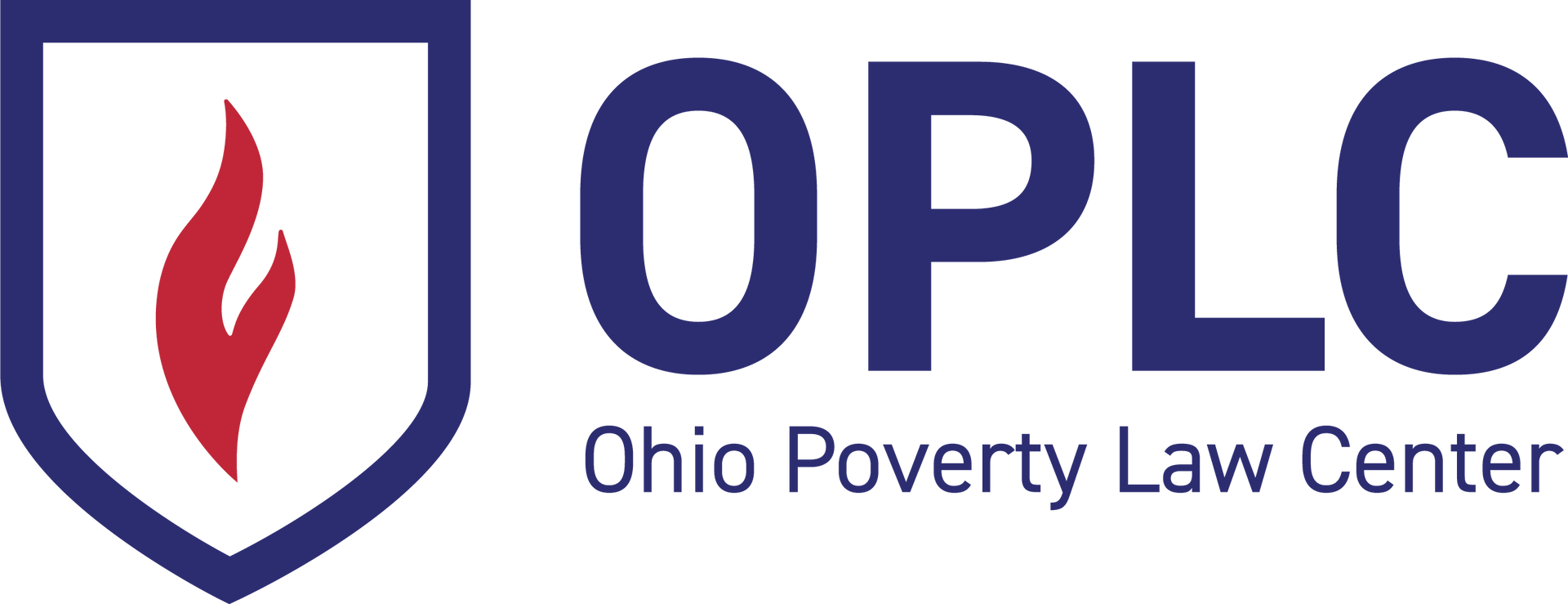JUNE 2023 NEWSLETTER
Ohio Senate's Budget Proposal is a Step Backward from the Ohio House of Representatives' Spending Plan
On Tuesday June 6, the Ohio Senate unveiled its version of House Bill 33, the two-year state operating budget, which proposes major changes from the version passed by the Ohio House in April. Many provisions that would support low-income Ohioans were removed or cut in the Senate’s 7,700-page spending plan.
- Medicaid: The Senate removed Governor Mike DeWine’s proposed expansion of Medicaid coverage to pregnant women and children to 300 percent of the federal poverty level. The bill removes the House provisions to allow continuous coverage of children from birth through age three and coverage for doula services. In addition, the Senate added a provision directing the Department of Medicaid to seek a waiver to establish work requirements for coverage.
- Food Assistance and Supplemental Nutrition and Assistance Program (SNAP): Despite increased need for food assistance at foodbanks across the state and reports of increased food insecurity, the Senate removed funding for foodbanks, eliminated a provision to allow children to receive free lunches at school, and proposes numerous changes to the SNAP that could limit participation in the program.
- Housing: The Senate removed funding for an Ohio Low-Income Housing Tax Credit, restricted the ability of local governments to operate rental registries, and cut funding for the Healthy Beginnings at Home program which provides housing to improve birth outcomes while reducing the state’s Medicaid spending.
The Senate will formally approve its spending plan this week. If the House fails to concur to the Senate changes, a conference committee will be named to work out the differences between the plans. OPLC will be asking the conference committee to keep these provisions and protect other policies and investments that support low-income Ohioans. The budget needs to be signed by the Governor no later than June 30, 2023.
Clearing the Road for Ohioans with Suspended Licenses: A Look at Ohio's Reinstatement Fee Amnesty Program
In May, OPLC released our report examining the Ohio Bureau of Motor Vehicles (BMV) Reinstatement Fee Amnesty Program. Since the program began in December of 2020 it has helped 222,716 Ohioans with suspended driver’s license address their reinstatement fees through waivers, reductions, and payment plans.
A valid driver’s license offers the freedom of mobility and the ability to work, which is an essential part of everyday life in Ohio. But, Ohioans can lose their licenses for more than 30 reasons—many not related to unsafe driving. It is no surprise that more than one million drivers have a suspended license, and each driver can have more than one suspension on their license.
Suspensions are administered by the Ohio Bureau of Motor Vehicles (BMV), which levies and collects fees for every suspension. These fees can create huge financial barriers that prevent lower-income drivers from legally driving simply because they cannot afford to.
Recognizing that many lower-income Ohioans were faced with the choice to drive illegally to get to work or lose their ability to provide for their families, Ohio’s lawmakers created a program that provides relief from reinstatement fees. On December 13, 2020, the Reinstatement Fee Debt Reduction and Amnesty Program (Amnesty Program) began. Our analysis shows that the Amnesty Program provided that relief.
The Report’s Key Findings:
- 222,716 Ohioans received help with reinstatement fees through waiver, reductions, and payment plans.
- Lower-income Ohioans participating in the program saved an average of $612 in reinstatement fees.
- For Ohioans who had fees reduced, the state collected $23 million—an amount that might not otherwise have been collected without a payment plan.
The full report can be found at www.ohiopovertylawcenter.org/ClearingTheRoad.
